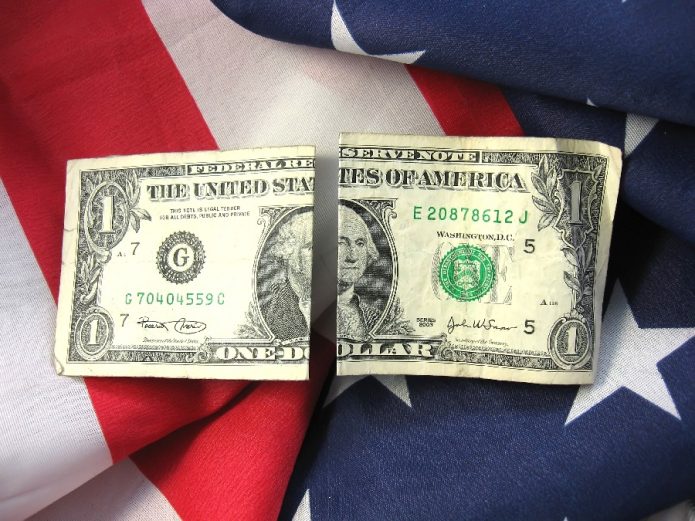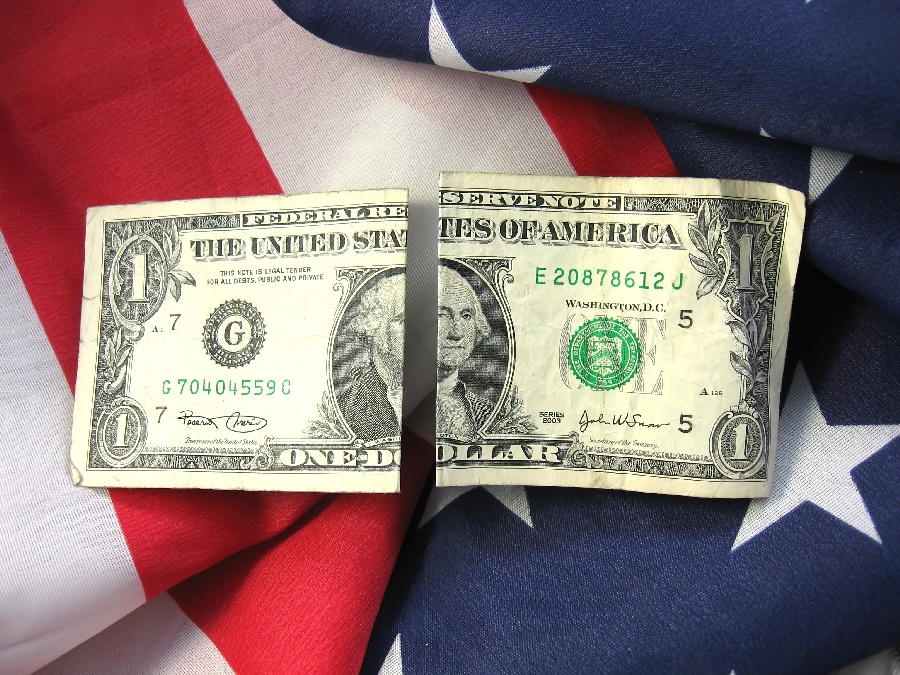
(Image: Flickr / Steve Johnson)
The U.S. is facing a future of staggering inequalities.
If nothing changes in our tax code, the Center for Economic Policy Research now predicts, the wealthiest 1 percent of Americans will claim half of all private U.S. wealth in the next 20 years. Meanwhile, the assets of ordinary Americans are stagnant or eroding. Homeownership rates, a traditional measure of middle-class well-being, have been steadily declining since 2005.
The wealthiest 400 billionaires today have as much wealth as the bottom 62 percent of U.S. households combined, according to a study I coauthored with my Institute for Policy Studies colleague Josh Hoxie last year. The wealthiest 20 individuals alone – a group small enough to fit on a Gulfstream 650 luxury jet – have as much wealth as the bottom half of U.S. households.
In times past, popular mobilizations against this level of inequality led to path-breaking policy changes. During the Gilded Age of the late 19th and early 20th centuries, for instance, such pressure spurred President Theodore Roosevelt and industrialist Andrew Carnegie to become vocal supporters of progressive taxation.
…
Read the full article on U.S. News and World Report’s website.
